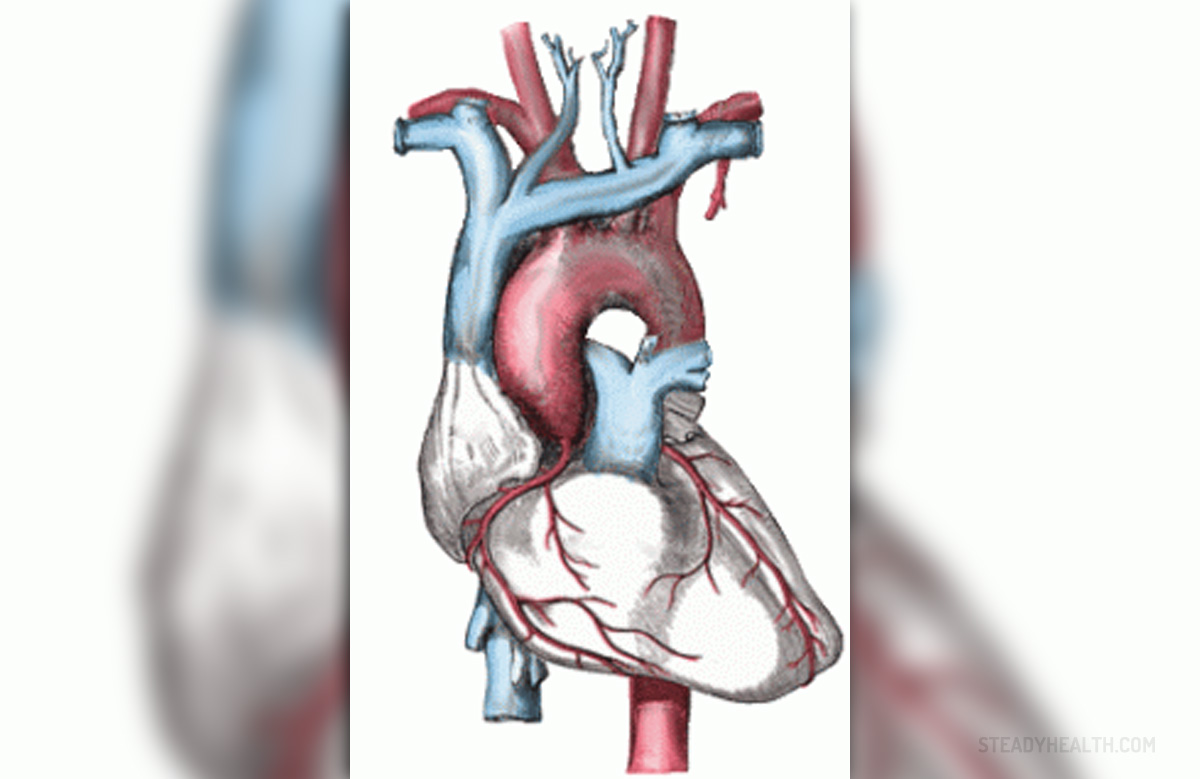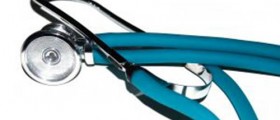
Congestive Heart Failure End Stage
Congestive heart failure end stage is marked by a weak heart as the arteries are considerably narrowed causing pumping of the blood to slow down even more. Congestive heart failure may progress to the last stage due to several different causes. Congestive heart failure may develop due to previous history of heart attack, myocardial infraction, heart valve infection, hypertension, heart muscle disease (cardiomyopathy), heart valve disease, congenital heart abnormalities, coronary artery disease, diabetes, obesity, heavy alcohol drinking or substance abuse.
Symptoms of Congestive Heart Failure End Stage
Congestive heart failure reduces oxygen-enriched blood supply throughout the body and affects vital organs. End stage of the disease causes severe symptoms such as extreme fatigue, feeling of weakness and constant dizziness. These symptoms occur because the brain does not receive sufficient blood required for its proper functioning.
Abnormalities in heart rhythm are also common and the heart may race most of the time because it works harder to pump enough blood. Congestive heart failure affects the lungs and causes difficulty in breathing. Shortness of breath occurs with the slightest exertion because of severe congestion of the lungs caused by collection of fluids. This symptom can be somewhat relieved with rest although in the last stage shortness of breath is present even when the patient is resting.
Wheezing and chronic cough are common symptoms of congestive heart failure. Cough may be dry or productive, sometimes with bloody mucus. Edema or swelling of the legs, ankles, feet and abdomen are caused by retention of fluid and water in the kidneys. As the body retains fluids, there is less urine production resulting in swelling and inflammation. Furthermore, congestive heart failure end stage causes appetite loss, unexplained weight gain and sometimes abdominal bloating.
Treatment for Congestive Heart Failure End Stage
End stage congestive heart failure is possible to treat. The treatment is determined by the severity of the disease, previous heart history and patient’s age. It can be treated with medications such as angiotensin-converting enzyme (ACE) inhibitors, angiotensin II receptor blockers (ARBs), beat blockers, diuretics and other drugs. Surgical treatments like coronary bypass surgery, heart valve repair or replacement or heart transplantation can also be used. Lifestyle changes are also included in the treatment.
- www.nhs.uk/conditions/heart-failure/living-with/
- www.nhs.uk/conditions/heart-failure/
- Photo courtesy of Mikael Hu00e4ggstru00f6m by Wikimedia Commons: commons.wikimedia.org/wiki/File:Heart_(vessels_only).gif
















Your thoughts on this
Loading...